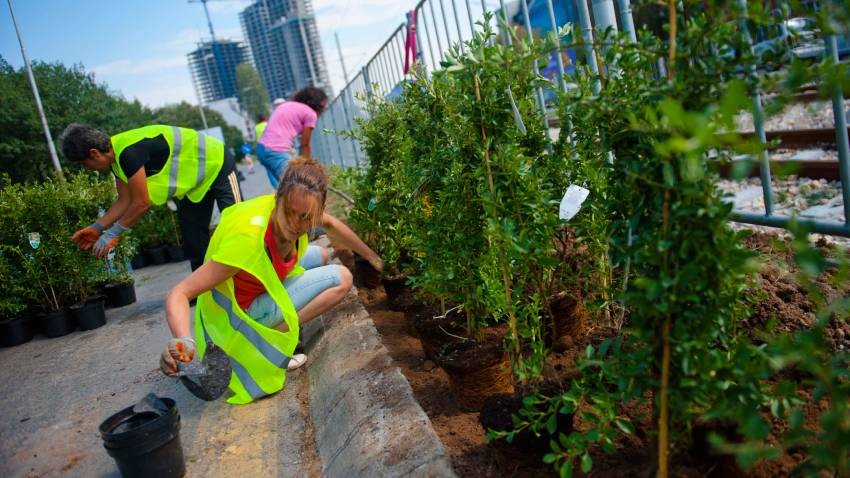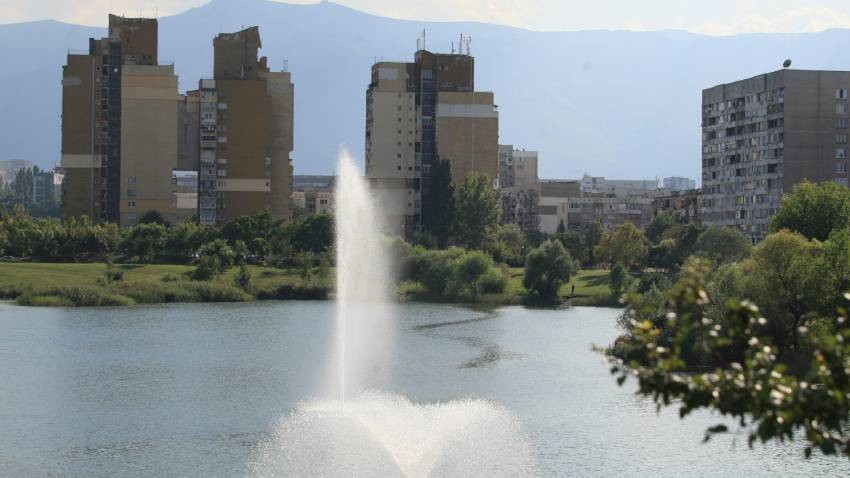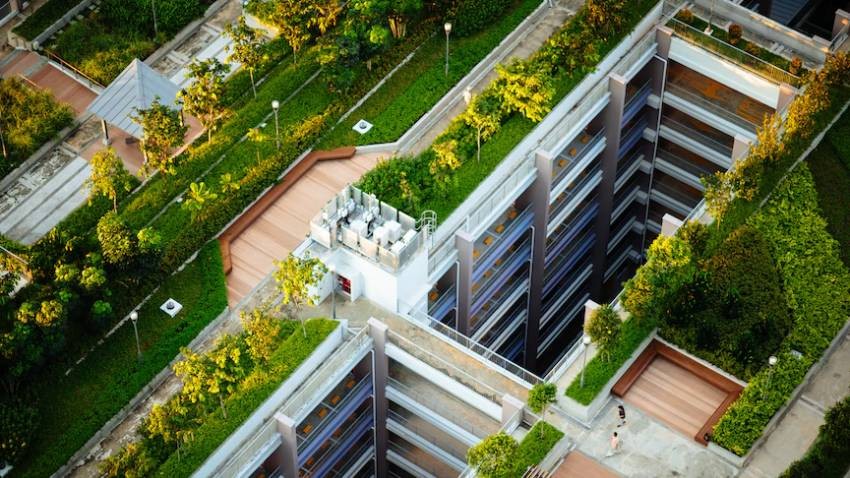
On May 28 we celebrate the Day of Parks in Bulgaria. May 28 was declared the Day of Parks in Bulgaria by decision of the Ministry of Environment and Water of 1999. There are three national parks and eleven nature parks in Bulgaria. The three national parks (National Park Rila, National Park Pirin and the Central Balkan National Park) preserve rare natural ecosystems and cover 1.35% of the country’s territory. The nature parks Belasitsa, Balgarka, Vitosha, Vratsa Balkan, Golden Zands, Persina, the Blue Stones, Strandzha, Rila Monastery, Rusenski Lom and the Shumen Plateau cover 2,31% of the territory of the country. There are only 400 landscape architects in Bulgaria. They devote their lives to the preservation of the nature parks.

"Our job is extremely pleasant, because unlike architects, we work with living volumes that fluctuate every season and over the years, landscape architect Alexander Nedev said in an interview for Radio Bulgaria. I planted my first trees more than 15 years ago. I love being a landscape architect, because the things I design today are yet to become more interesting."
Alexander Nedev has more about the state of landscaping in Sofia and the problems stemming from poor maintenance:

"Sofia is developing in a very specific way. There are actually no vacant plots of lands in the central part of the city that can be utilized and become green areas. However, the large green areas are very important for me, because they create the strong feeling that there is greenery in the urban areas", explains the landscape architect.
According to Alexandеr Nedev, street landscaping also makes ecological sense. In his words, although trees are the best absorbers of particulate matter and carbon dioxide (CO2), they need a long time to grow and fully develop. That is why landscape architects pin high hopes on shrubs:

"Bushes absorb a lot of dust and carbon dioxide. We also need to bear in mind the fact that a shrub needs 3 to 5 years to fully develop, whereas a tree needs more time to grow. Currently, we have a real problem with noise and air pollution. Therefore, we need to seek opportunities to plant shrubbery around the residential districts. In many cases, however, shrub maintenance in the urban areas leads to its destruction."
According to Alexander Nedev, an unmowed grassland absorbs much more dust than a mowed lawn and can be very beneficial to air quality and reduce noise pollution. Greening the roofs of residential buildings is also a good practice. Although this practice is common in many cities in Europe and elsewhere, it is not widely-spread in Bulgaria:

“Roofs need to be waterproof. They create a height projection of the greenery that existed before the construction of the building. Thus, in practice, no green area is lost. These gardens can be equipped with resting areas comprising benches, ponds, etc. It is still difficult to apply this in practice in Bulgaria, because of the regulations and, to some extent, because of the cost. Currently, this is only allowed in the very centre of the city."
English version: Kostadin AtanasovMore than 32,000 Bulgarian children in 43 countries on 6 continents will be heading for the 396 Bulgarian Sunday schools around the world registered for the school year 2024-2025. More than 2,000 teachers will be teaching them to read and write in..
Twenty artists will take part in the Lucky Hunt Sofia Graffiti Festival on September 14 and 15. They will spray over 1000 square metres in Sofia. The event is dedicated to pets and classic cars, say the organisers - the Sofia Graffiti Tour team in..
North-eastern Dobrogea could become UNESCO Global Geopark The authorities in Tulcea County are taking steps for the north-eastern Dobrogea to become a UNESCO Global Geopark, a territory of sustainable development whose values and..
Cultural and linguistic diversity - this is what distinguishes the European Union, and the languages spoken in the community are an important part of..
The mellow days of autumn are the perfect time to take a stroll among the stores lining the Samovodska charshia in Veliko Tarnovo. The old crafts street..

+359 2 9336 661
